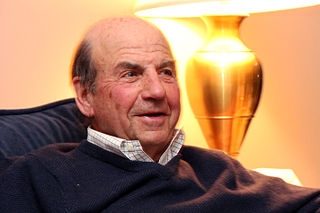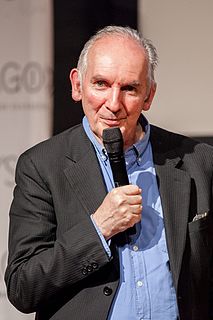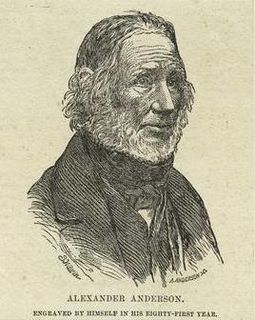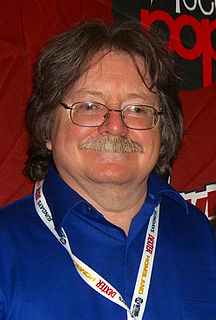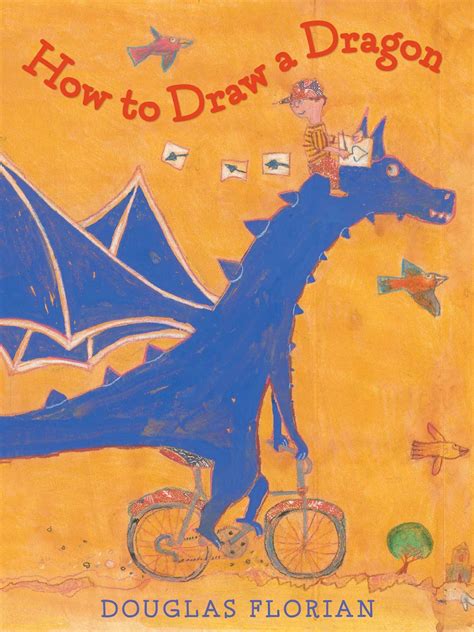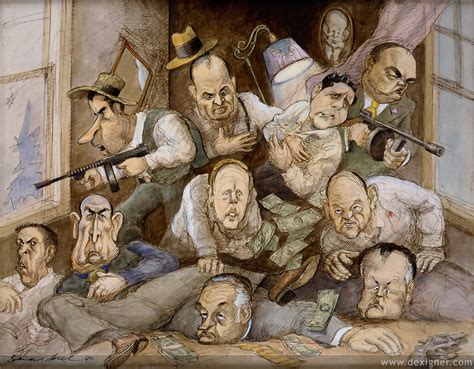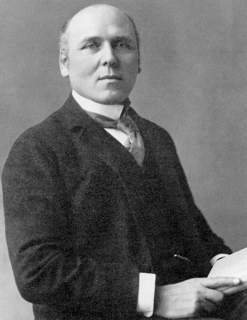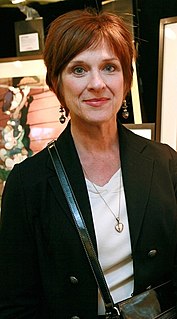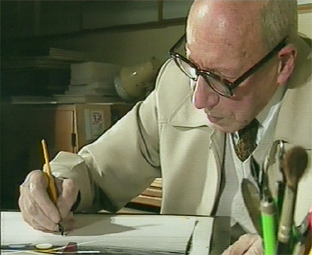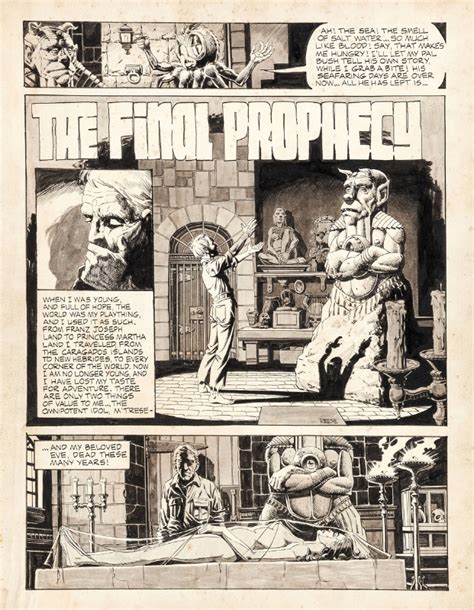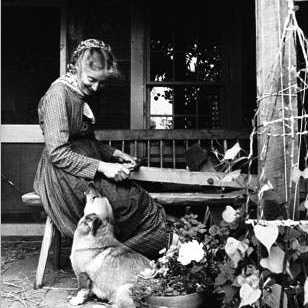A Quote by Jerry Pinkney
I'm often in conversations with people who have learning disabilities, and they talk about how they were teased and perhaps laughed at sometimes as children. That was never the case with me. Maybe it was something about my personality, my temperament, but I don't ever remember being teased. I remember the awkwardness of leaving class to go to a special class, but that's all.
Related Quotes
It's an ethical pact I've made with myself and with the reader - not to invent. And when I can't remember, I say I can't remember. I'm just appalled by the memoirs published by people who regurgitate dialogue, conversations from when they were small children, and they go on for three or four pages. I can't even remember what we said to each other ten minutes ago! How can I remember what was said sixty years ago? It's not possible.
Luckily, I remembered something Malcolm Cowley had taught us at Stanford - perhaps the most important lesson a writing class (not a writer, understand, but a class) can ever learn. 'Be gentle with one another's efforts,' he often admonished us. 'Be kind and considerate with your criticism. Always remember that it's just as hard to write a bad book as it is to write a good book.'
In my writing class, we never, ever talk about the writing - ever. We never address a story that's been read. I also won't let anyone look at the person who's reading. No eye contact; everybody has to draw a spiral. And I would like to do a drawing class where we could talk about anything except for the drawing. No one could even mention it.
The United States is a special case, and for me, very interesting. It's studied carefully and we know a lot about it. One of the most striking features of the elections is the class-based character of the vote. Now, class is not discussed or even measured in the United States. In fact, the word is almost obscene, except for the term "middle class." And you can't get exact class data; the census doesn't even give class data. But you can sort of see the significance of it just from income figures.
Class is something that I think seriously about and try to organise my politics around. I think there are lots of novels that don't really engage with questions of class at all, and they get less conversation about issues of social privilege than I do. But it's better to try and talk about it and maybe fail.
Conversations about films are always funny. I would say a majority of people want to talk about what were the more obvious successes; the big box office films. Other people wanting to be more sensitive to you want to talk about the ones that maybe didn't make a lot of money, but they think you might have a special feeling about. And then other people sometimes want to help you by suggesting that you should have done this or that in the movie, that that would have helped you a great deal in whatever capacity.



